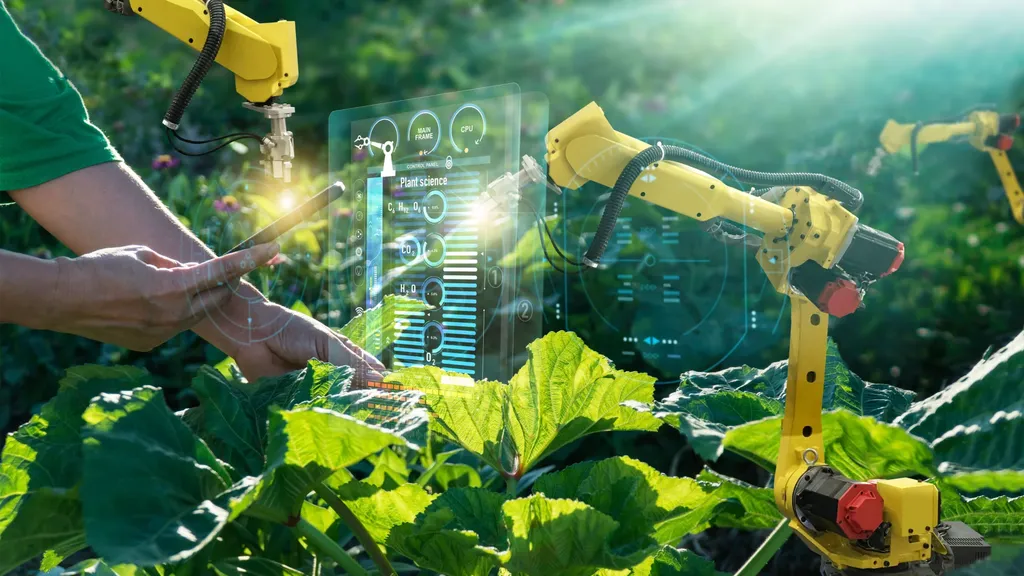In the rolling hills of Colombia, a quiet revolution is taking place, one that could reshape the future of livestock farming and animal health management. Researchers from Universidad del Sinú, led by Rodrigo, have been pioneering the use of advanced technologies to optimize grazing and animal health in rotational farming systems. Their work, published in the CLEI Electronic Journal (known in English as the Latin American Journal of Computer Graphics), is a testament to the power of precision agriculture and artificial intelligence in transforming traditional farming practices.
The team’s research focuses on leveraging Industry 4.0 technologies and artificial intelligence to develop methodologies and models that support decision-making in productivity management and animal health. “Our goal was to create a system that could autonomously analyze data and provide actionable insights for farmers,” explains Rodrigo. “This is not just about increasing productivity; it’s about ensuring the health and well-being of the animals while optimizing the use of resources.”
One of the key achievements of this research is the development of autonomous data analysis cycles for beef production. Using machine learning systems, the team created weight identification models that monitor cattle fattening through fuzzy classification. This innovative approach allows for real-time tracking of animal growth and health, enabling farmers to make informed decisions quickly.
The research also introduced multi-objective optimization models designed to maximize weight gain in rotational grazing. “By analyzing various factors such as pasture quality, animal health, and environmental conditions, we can optimize the grazing patterns to ensure the best possible outcomes for both the animals and the farmers,” says Rodrigo.
Another significant breakthrough is the use of meta-learning in cattle weight identification for anomaly detection. This advanced technique allows the system to learn from past data and improve its accuracy over time, making it an invaluable tool for early detection of health issues and other anomalies.
The implications of this research are far-reaching. By integrating advanced technologies into traditional farming practices, farmers can achieve higher productivity, better animal health, and more efficient resource management. “This is not just about improving the bottom line; it’s about creating a sustainable and resilient agricultural system that can adapt to the challenges of the future,” Rodrigo emphasizes.
The methodologies and models developed by Rodrigo and his team have demonstrated strong decision-making capabilities in managing livestock production processes. Their work is a shining example of how precision agriculture and artificial intelligence can revolutionize the way we approach farming and animal health management.
As the world continues to grapple with the challenges of climate change and resource scarcity, the need for sustainable and efficient agricultural practices has never been greater. The research published in the CLEI Electronic Journal offers a glimpse into the future of farming, where technology and tradition come together to create a more resilient and productive agricultural sector.

